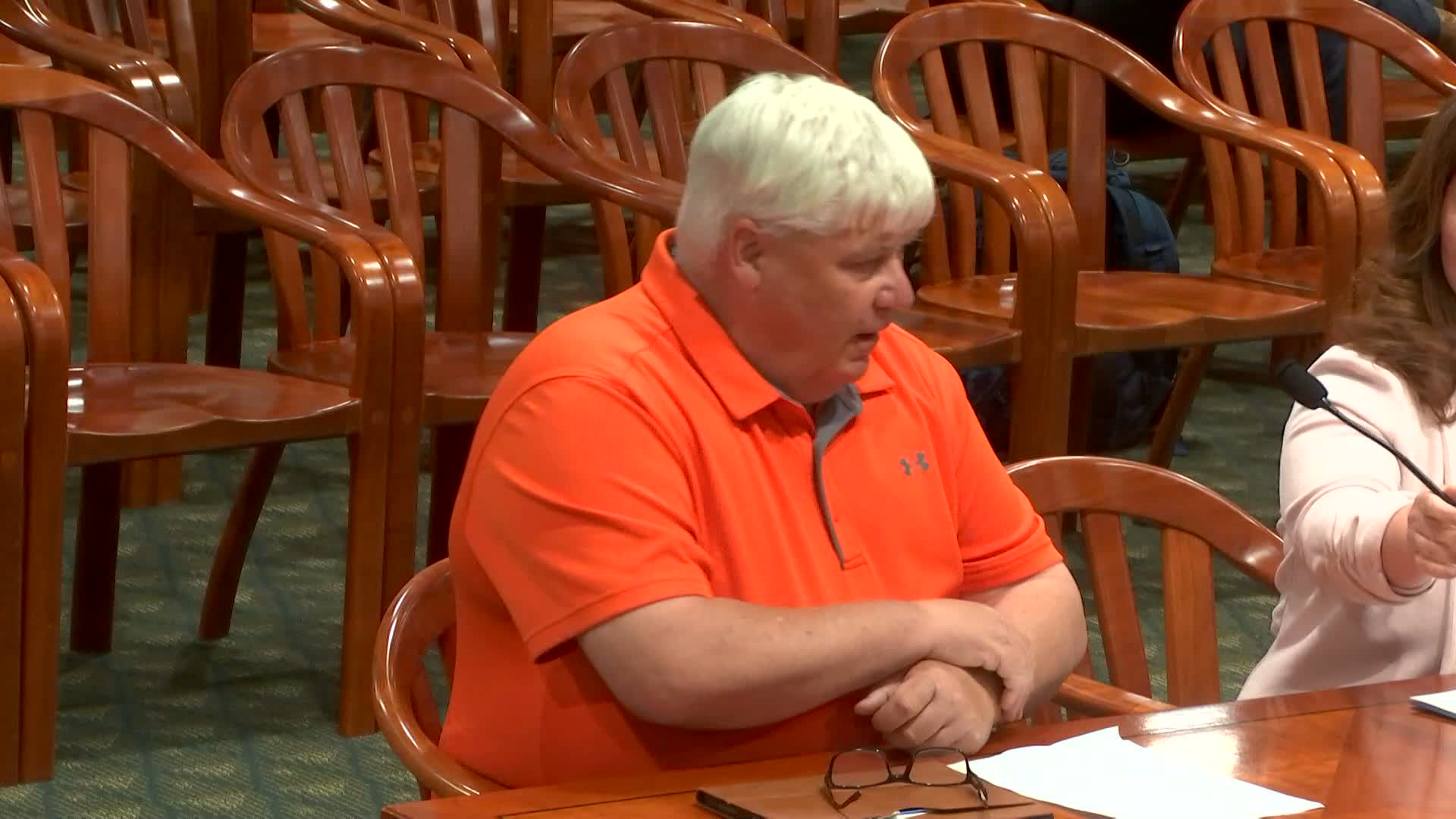Michigan's pheasant hunting program sees increased participation and popularity
May 14, 2025 | Natural Resources, Environment, Tourism and Outdoor Recreation, House of Representative, Committees , Legislative, Michigan
Thanks to Scribe from Workplace AI , all articles about Michigan are free for you to enjoy throughout 2025!

This article was created by AI using a video recording of the meeting. It summarizes the key points discussed, but for full details and context, please refer to the video of the full meeting. Link to Full Meeting
The program, which allows hunters to purchase licenses that directly fund the release of rooster pheasants, has drawn a diverse crowd. From seasoned hunters to first-timers, including children and young adults, the excitement is palpable. One participant shared, “It’s amazing to see gray-haired guys like me, older guys than me, and young children who have never hunted before trying this out.” The enthusiasm is evident, with hunters proudly sharing photos of their catches, showcasing the program's impact on community engagement.
However, the meeting also addressed the concerning decline of Michigan's wild pheasant population over the years. Factors such as changing farming practices and habitat loss were identified as key contributors to this decline. As farmers prioritize crop production, traditional habitats for pheasants have diminished, leading to a significant drop in their numbers. “If we had the answer... we haven’t seen in this state or any other a growth of wild pheasants,” one official lamented, emphasizing the ongoing challenges faced by conservation efforts.
Despite these challenges, the self-funded pheasant release program stands out as a beacon of hope, fostering a renewed passion for hunting while also sparking discussions on habitat restoration and wildlife conservation. As the program continues to gain traction, stakeholders remain optimistic about its potential to not only enhance hunting experiences but also to contribute to the broader ecological landscape in Michigan.
Converted from Natural Resources and Tourism | Wednesday, May 14, 2025 meeting on May 14, 2025
Link to Full Meeting
Comments
View full meeting
This article is based on a recent meeting—watch the full video and explore the complete transcript for deeper insights into the discussion.
View full meeting
